Goindwal Sahib: A Sacred Legacy Facing Modern Challenges
Nestled along the serene banks of the Beas River, Goindwal Sahib holds a unique place in Sikh history and spirituality. Revered as the “Axis of Sikhism” (Sikhi Da Dhura), this historic town was founded in 1552 by the third Sikh Guru, Guru Amar Das, following the directive of his predecessor, Guru Angad Dev Ji.
Goindwal Sahib is steeped in rich spiritual legacy. It was here that Bhai Jetha Ji—later known as Guru Ram Das, the fourth Guru of the Sikhs—was anointed with the sacred Tilak of Guruship by Baba Budha Ji in 1574, on the orders of Guru Amar Das. The town is also the final resting place of Guru Amar Das, Guru Ram Das, and the eminent Sikh scholar Bhai Gurdas Ji.
The town’s name is believed to have originated from Goinda, a devout follower of Guru Angad Dev, whose family sought the Guru’s blessings to establish the settlement. Goindwal Sahib became a powerful symbol of spiritual and social reform. It was here that Guru Amar Das institutionalized the tradition of langar—a community kitchen where people of all castes and backgrounds sat together to share a meal, underscoring the core Sikh principle of equality.
One of the town's most significant landmarks is the historic Baoli Sahib, a sacred stepwell built under the guidance of Guru Amar Das. The Baoli has 84 steps descending underground, and it is believed that bathing on each step symbolically liberates one from the cycle of 84 lakh births and deaths. This spiritual practice draws thousands of devotees, especially during the annual Mela Jagg, when pilgrims gather to take the sacred 84 baths.
Goindwal Sahib’s historical importance extends beyond religious teachings. Emperor Akbar once visited the town to seek darshan of Guru Amar Das. Before meeting the Guru, Akbar humbly joined the pangat, eating langar alongside commoners. He offered financial support to the Guru, who instead urged the emperor to enact meaningful reforms. Following Guru Amar Das’s guidance, Akbar took progressive steps such as abolishing the practice of Sati and promoting the right of widows to remarry—radical moves in that era.
Guru Amar Das’s 22-and-a-half-year leadership saw the spread of Sikh teachings across India. He appointed 22 preachers to serve different regions, aligning with the 22 states of that time, and worked tirelessly to dismantle caste divisions and promote a just, inclusive society.
Prominent gurdwaras such as Gurdwara Baoli Sahib, Gurdwara Khooh Sahib (historically a haven for livestock), and Gurdwara Chubara Sahib (Guru Amar Das’s residence) remain central to Goindwal Sahib’s spiritual landscape. Pilgrims continue to visit these revered sites throughout the year.
However, despite its spiritual stature, the town today faces serious challenges. Devotees and residents have raised concerns about the declining condition of Baoli Sahib’s water, which has reportedly been contaminated by waste runoff from the town. The sanctity of this holy site is at risk, and there is growing frustration over the lack of effective maintenance and environmental protection.
In addition, the area known as ‘Nimm Wali Ghati’ has allegedly become a hotspot for drug activity, despite government claims of crackdown efforts. Attempts to reach the local MLA, Manjinder Singh Lalpura, for comment have gone unanswered, further fueling public dissatisfaction.
Yet amidst these struggles, spiritual service continues. Bhai Gurmukh Singh, serving as the Head Granthi of Gurdwara Baoli Sahib since 2021, remains devoted to preserving and sharing the teachings of the Sikh Gurus. His dedication is a beacon of hope for many who believe Goindwal Sahib can once again shine as a true center of Sikh faith and social reform.

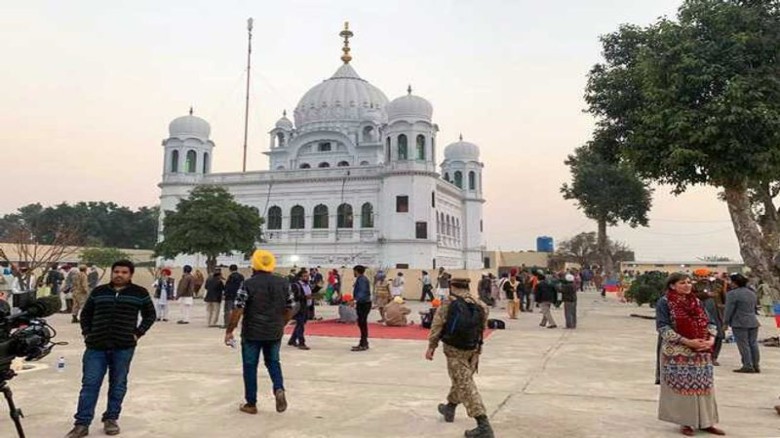


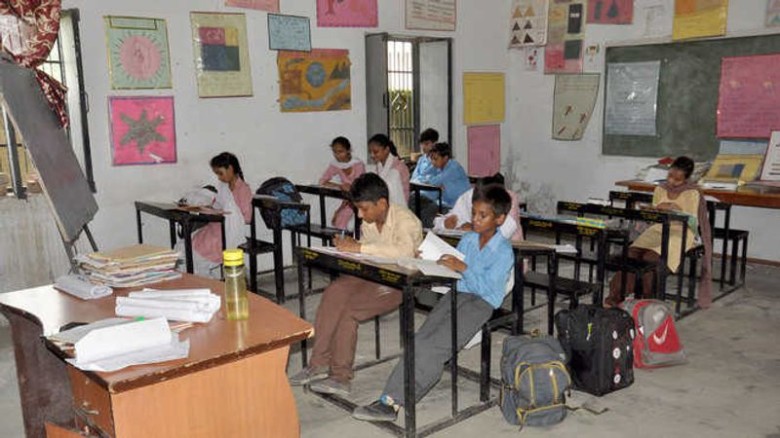







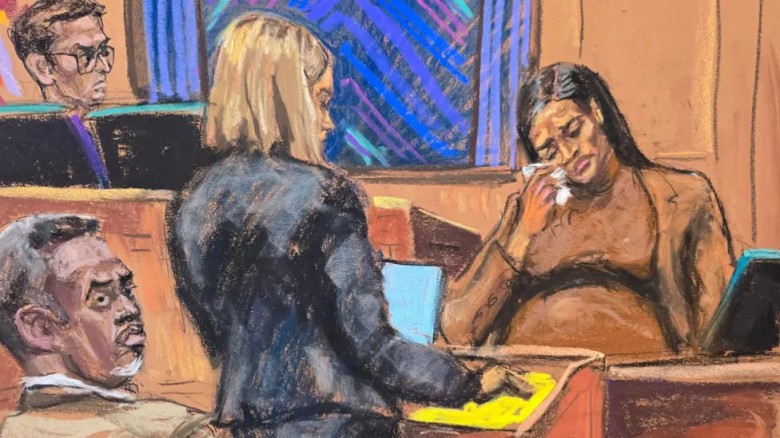















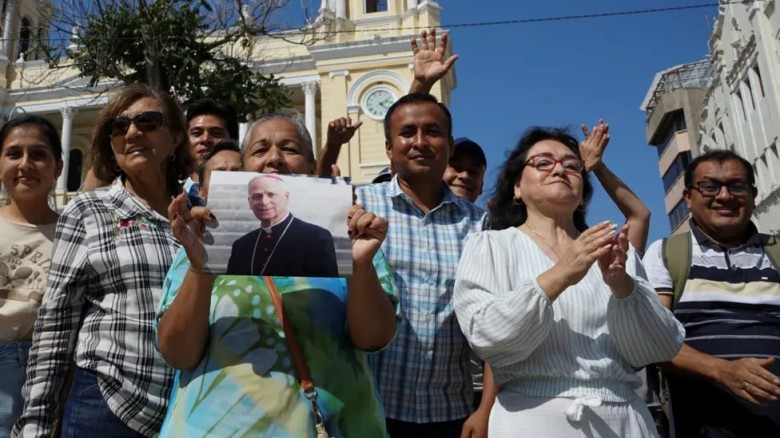









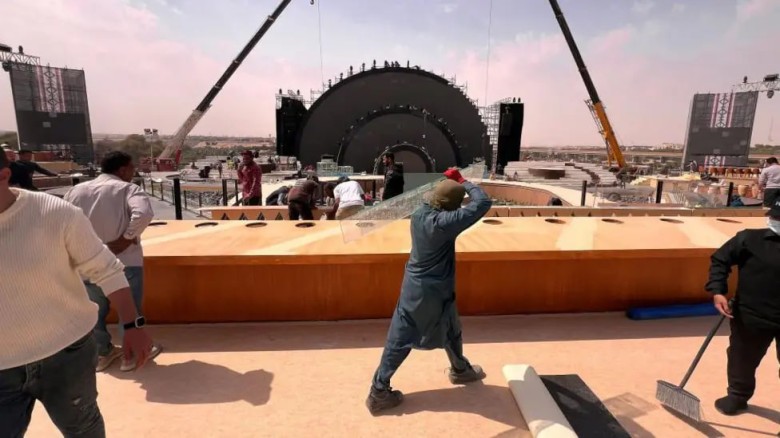































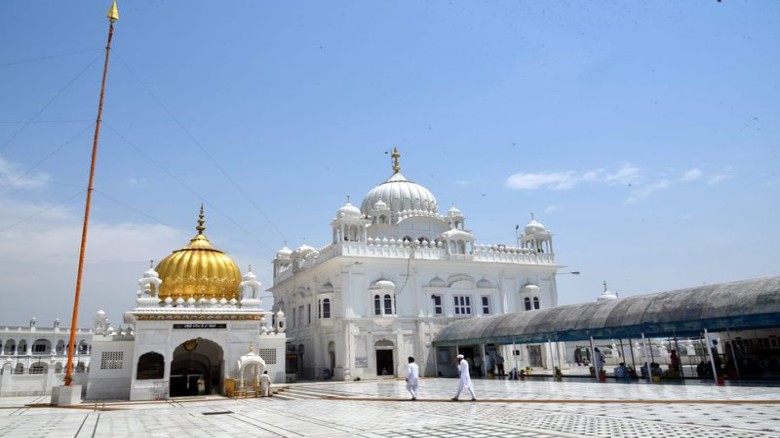


Leave A Comment